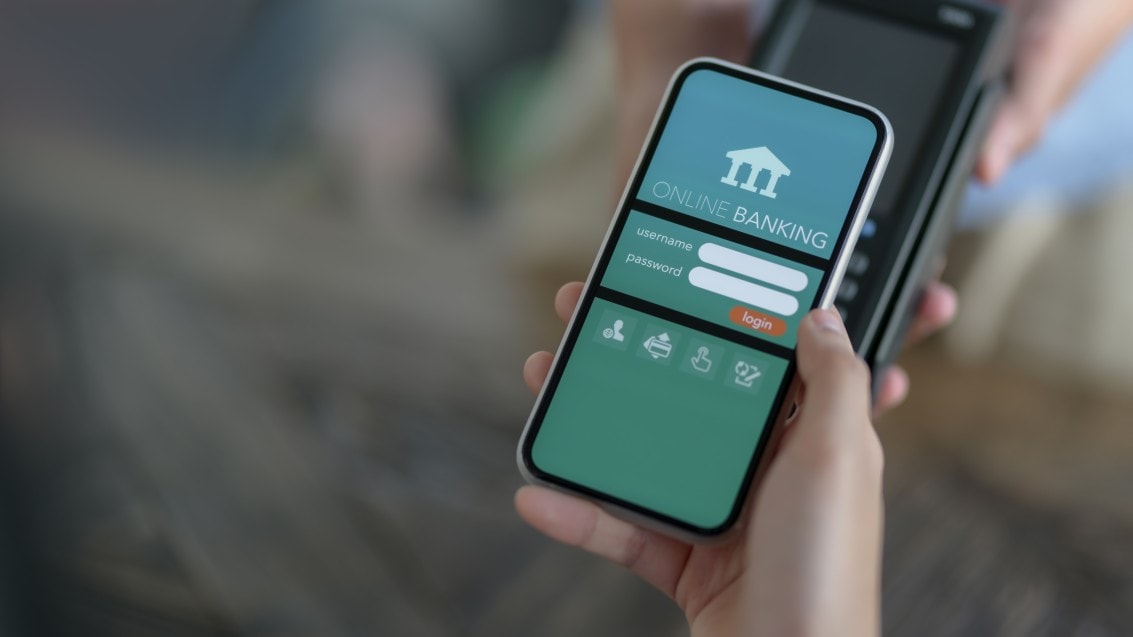Hardly a day goes by without a new money app coming out for smartphones and tablets promising to make spending and saving even easier.
Fintech is a fast-growing market that is revolutionising the way users and their gadgets interact with their money.
Amazon is the latest internet giant looking to profit from fintech with Amazon Cash, a new venture that makes shopping online simple for anyone without a bank account or credit card.
To make searching for a money app easier, here are the top-rated android and Apple downloads – together with a few new arrivals.
Amazon Cash
A service currently only available in the US that is like PayPal’s Cash Card. Users can ask for cashback in stores to load onto their Amazon Cash card. The benefits are no fees, no fuss and an instant cash balance on the card that can be spent through Amazon.
The target market is the ‘underbanked’ – shoppers who can add to the Amazon user base who do not have a bank account or credit card.
Find out more about Amazon Cash
Revolut
Fast becoming a major player in fintech with an app that boasts nearly 550,000 customers worldwide who have completed just under 22 million transactions worth $2.4 billion from a standing start in 2015.
The app allows spending in 90 currencies at the best available exchange rates. Either pay electronically or with a pre-loaded MasterCard. The card will allow free withdrawals of up to £500 cash a month – after that it’s a 2% fee. Transfer money by SMS, email or WhatsApp.
deVere Vault E-Money
The new kid on the block. deVere Group is one of the world’s leading financial advice firms for expats with nearly 90,000 clients in more than 100 countries. The firm has just opened a private bank in the Caribbean and gained an investment banking licence in Mauritius.
Vault gives customer instant access to their cash across multicurrencies, eliminates hidden banking fees and offers interbank exchange rates.
Find out more about Vault E-Money
PayPal
With more than 190 million users, PayPal offers a simple online payment service for individuals and businesses.
PayPal has also developed into more than a way to pay on eBay, expanding into online stores, cash cards, gift certificates and international money transfers. Traders can also take a portable chip and pin reader wherever they go so shoppers can pay anywhere.
Apple Pay
Contactless payment for the iPhone by clearing and storing card details in an electronic wallet.
To make a payment hold the iPhone near the card reader while covering the home button with a finger. Apple Pay is also a way to pay for apps from the Apple store or to give to charity.
Apple Pay is designed for the iPhone and MacBook in mind and is not available for Android gadgets.
Add bank cards, credit cards and store cards.
Beware, the app is not available everywhere – this is the latest list of Apple Pay countries
Samsung Pay
A new roll-out from one of the world’s leading Android smartphone and tablet suppliers that works in the same way as Apple Pay.
Like Apple Pay, the Samsung money service is only available in some countries and with certain carriers and cards from specific banks.
Samsung says the system works with almost any card reader taking chip-based cards.
The Samsung wallet will take 10 cards.
Find out more about Samsung Pay
Google Wallet
Google wallet works in much the same way as the money app services offered by other big technology firms.
Users can send and receive money and pay online, although there are some limitations for businesses.
The service is free, but the payments can take at least three days to hit a bank account.
Find out more about Google Wallet
Banking apps
Most banks and building societies offer online banking through a smartphone, tablet or computer.
These apps tend to be extensions of banking in a branch. Card payments are almost universally accepted in online stores, although some debit cards may have limitations.
The problem with managing money with an app is none of the networks have a common standard.
For example, some banks will link their accounts with Apple Pay, but many do not.
Before committing to an app, check out the countries and banks that are acceptable partners.
The problem for users is the fintech sector has no common standards and payment networks are all jostling for superiority in the market.
The situation is similar in car and self-drive technology, where almost the same technology companies as fintech are trying to impose their brand on drivers through link ups with different manufacturers.
Money app security
Most apps take the same touch ID and passcode options for security.
Security is set up on entering a card into a payment service or when an account is opened online.
The service providers claim their security Is optimal, and so far, no large-scale losses from individual gadget users have been reported.
Some developers are looking at adapting blockchain technology from the virtual currency Bitcoin to make their services simpler to use and more secure.
If you lose or have a gadget stolen, fintech providers have a lifeline service that allows users to cancel payment cards remotely.
